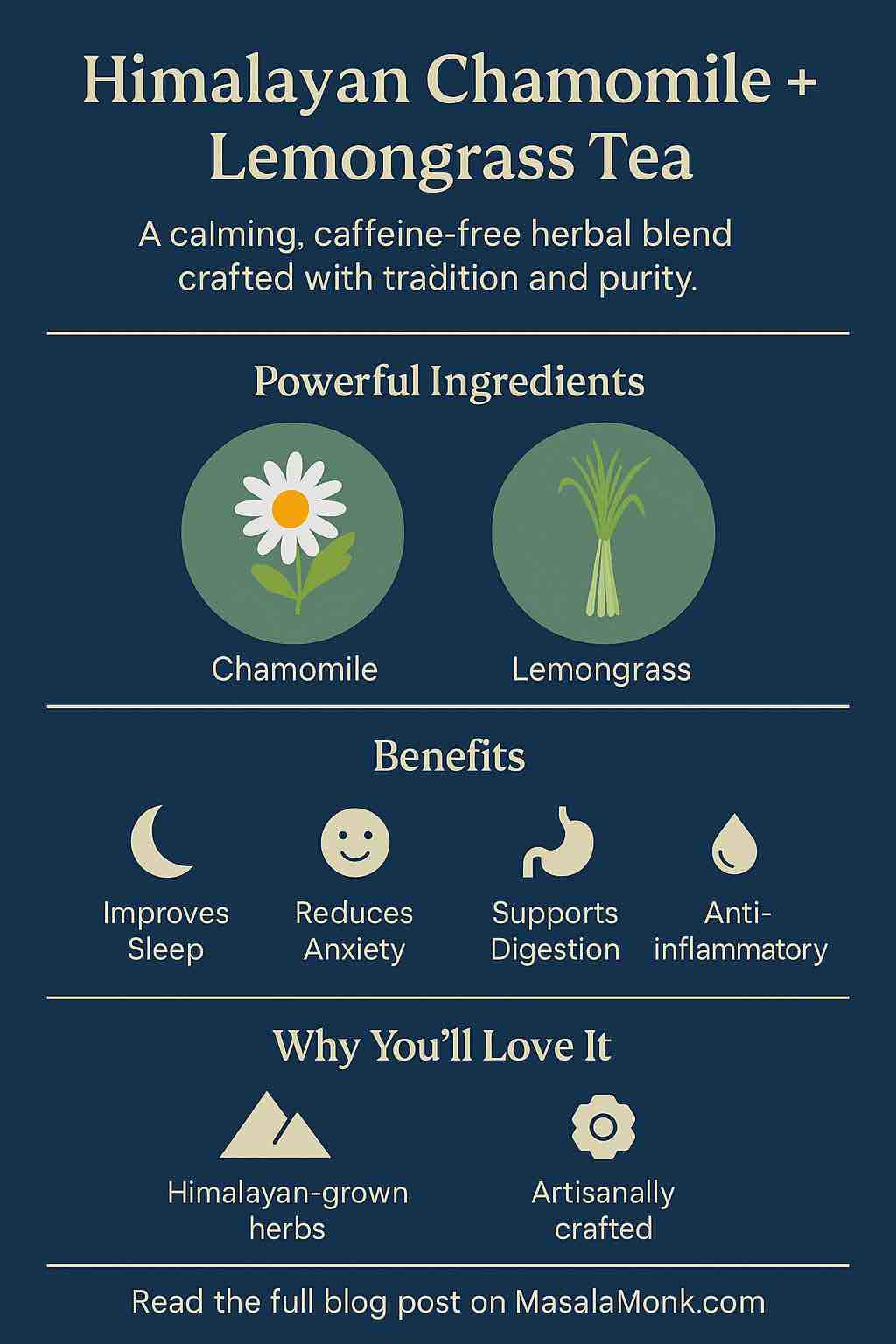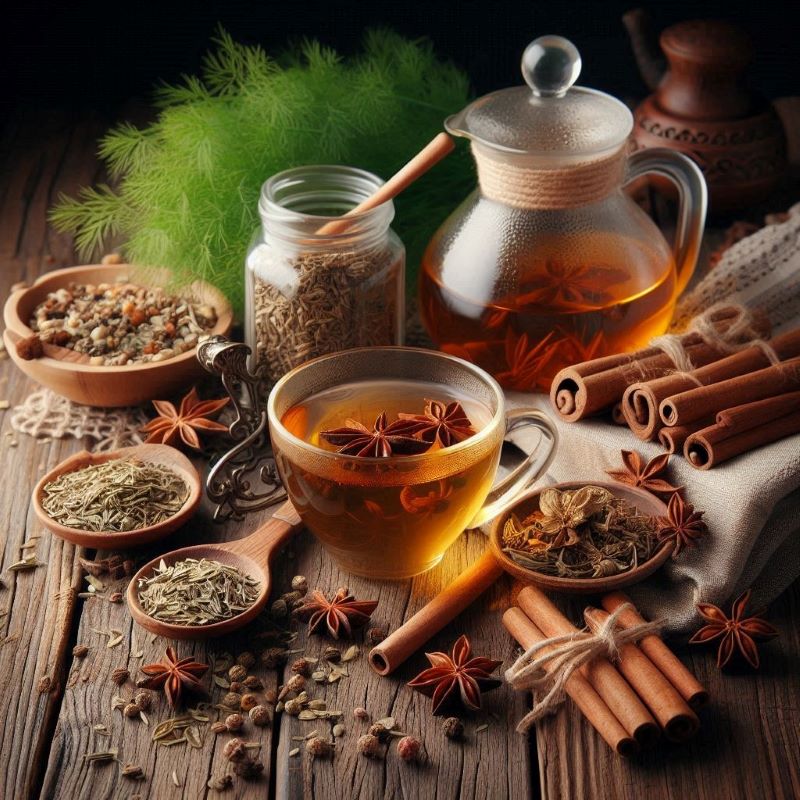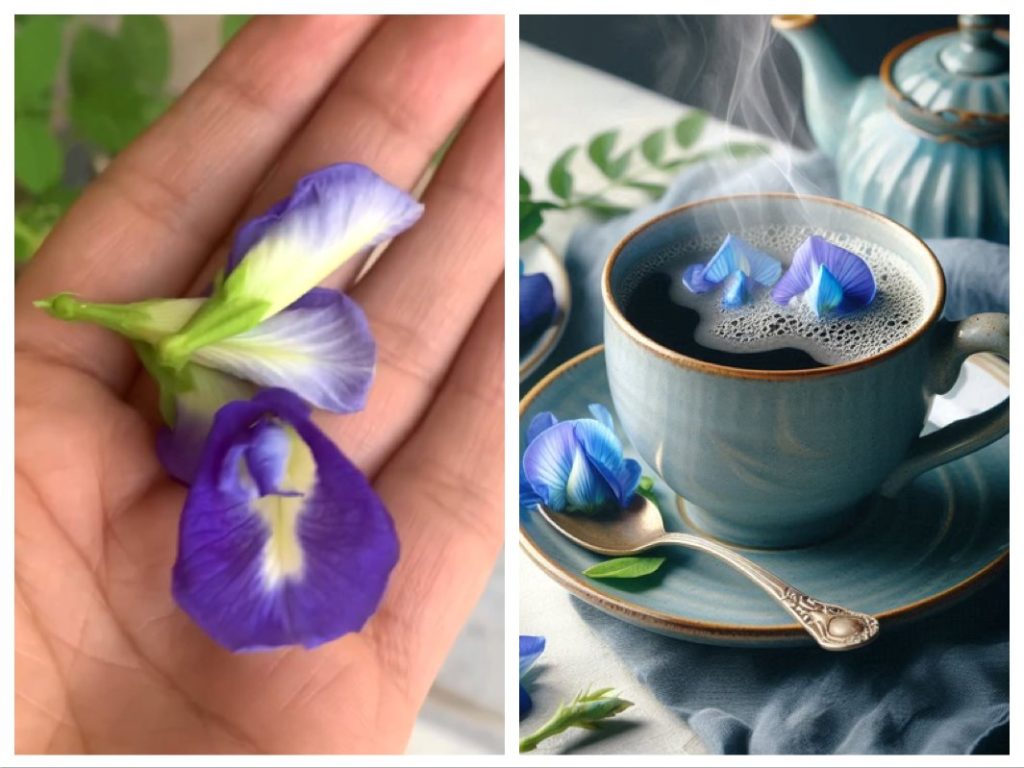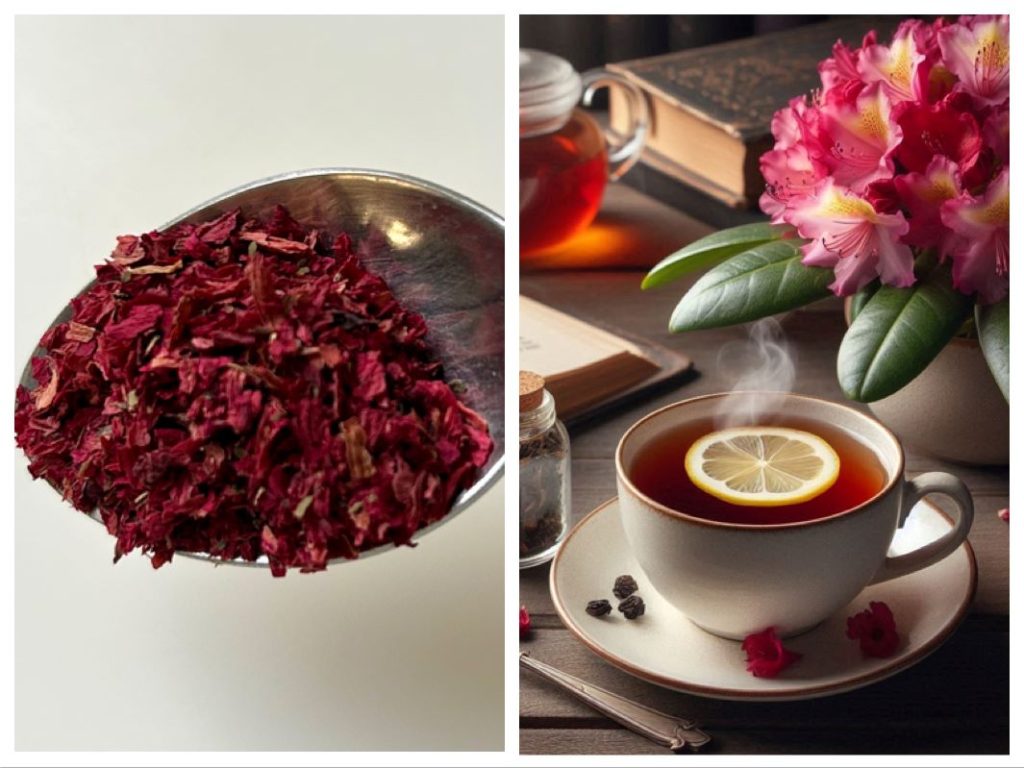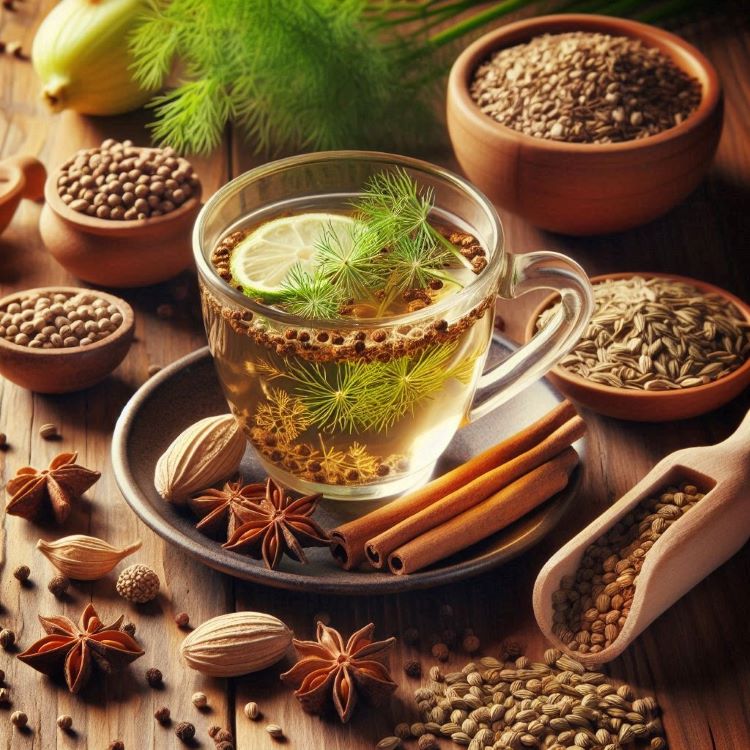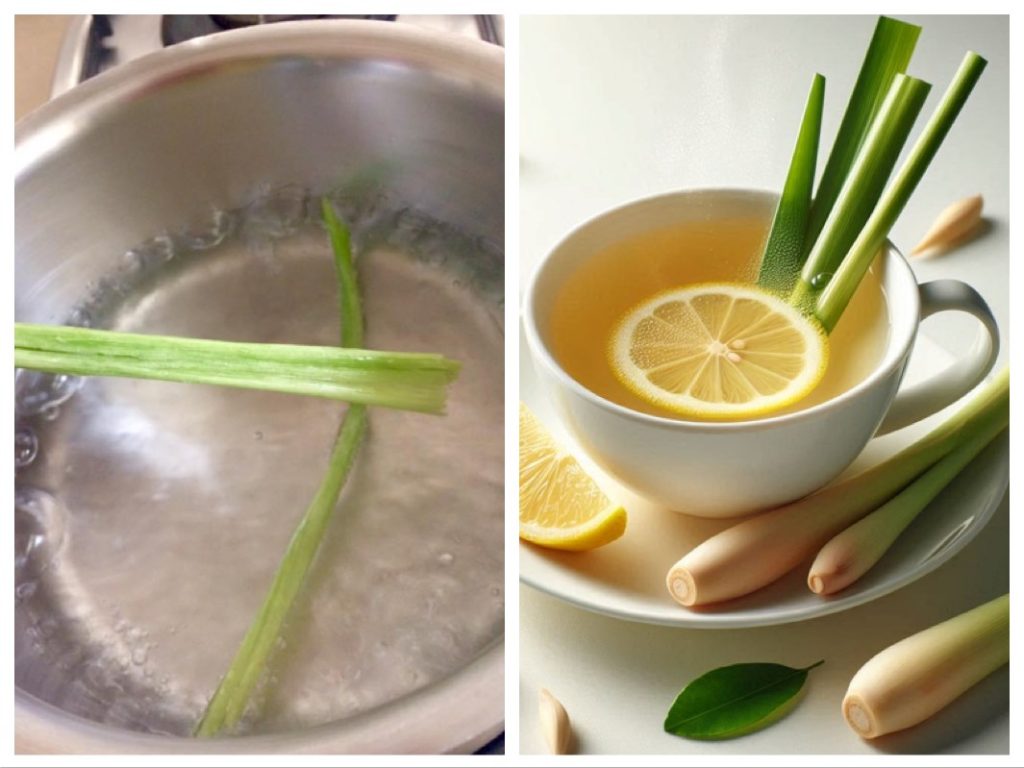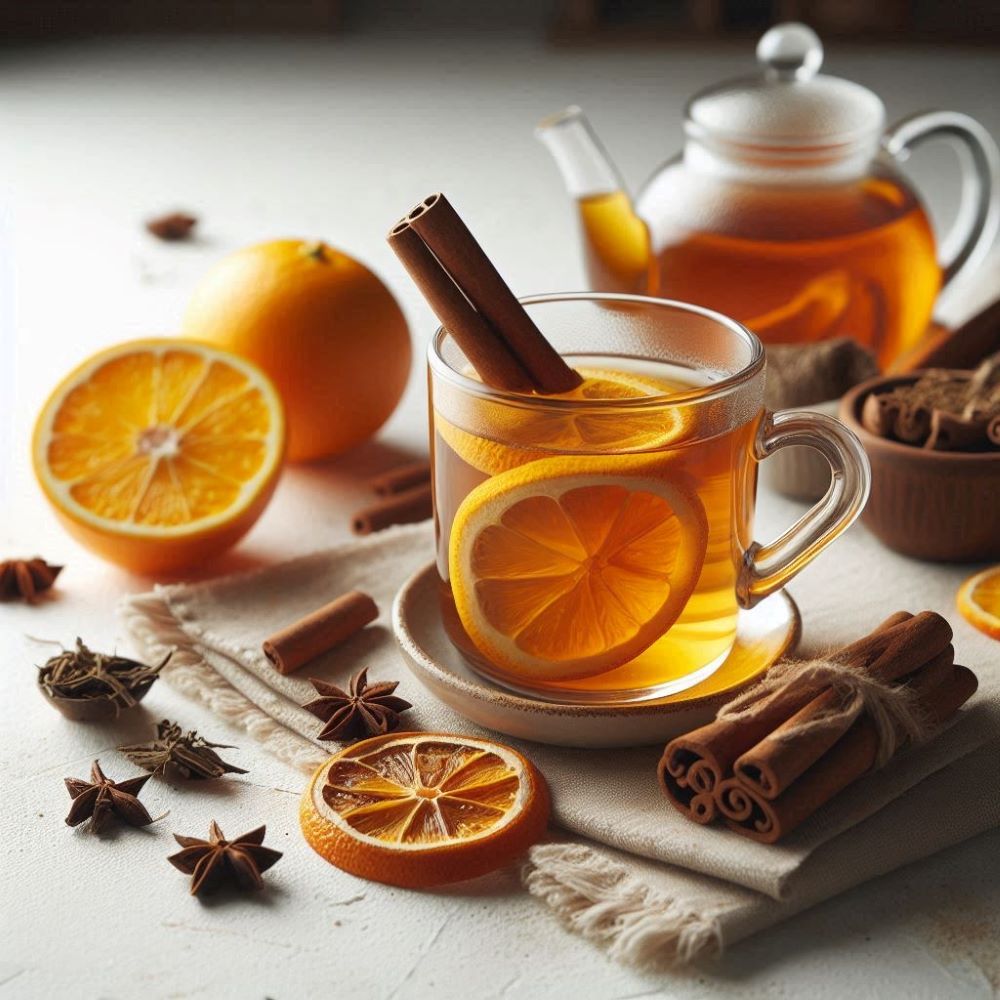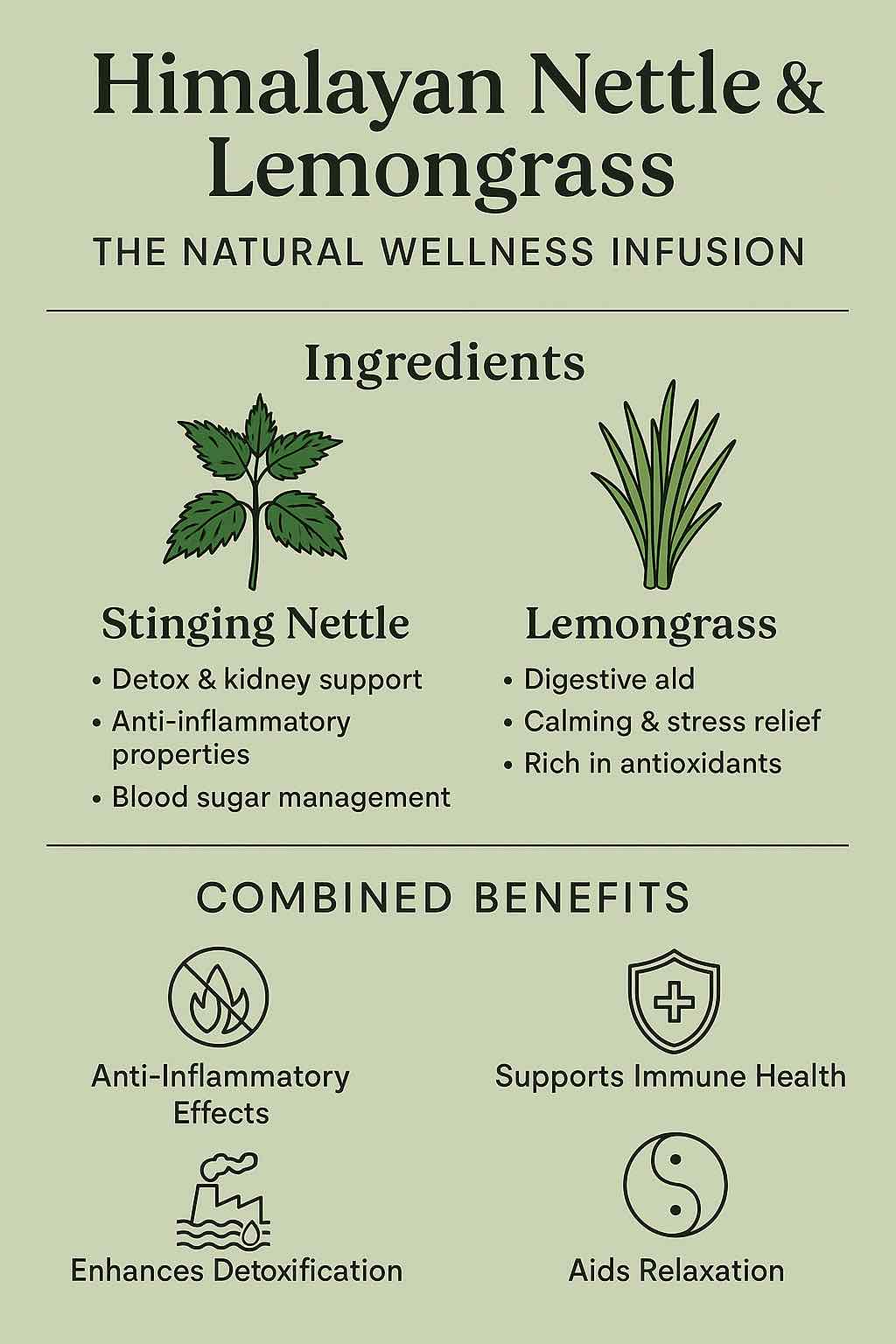
Introduction In today’s fast-paced world, where stress, pollution, and unhealthy lifestyle choices are taking a toll on our health, ancient wisdom is making a powerful comeback. Herbal infusions, rooted in centuries-old traditions, are gaining attention for their gentle yet effective healing properties. Among the many herbal teas gaining traction among wellness enthusiasts, the Himalayan Nettle & Lemongrass Infusion, available on Masala Monk, stands out as a unique and powerful blend. This all-natural, caffeine-free herbal tea combines the nutrient-rich leaves of stinging nettle with the aromatic, soothing lemongrass, creating a potent wellness formula in every sip.
Understanding the Ingredients: A Deep Dive
🌿 Himalayan Nettle (Urtica dioica)
Harvested from the pristine altitudes of the Himalayas, stinging nettle has been used for thousands of years in Ayurvedic and European folk medicine.
- Nutritional Powerhouse: Packed with essential nutrients, stinging nettle offers high levels of Vitamin A, C, K, and a spectrum of B vitamins. It is also rich in iron, magnesium, calcium, potassium, and amino acids — vital for energy, muscle function, and overall vitality.
- Anti-Inflammatory Action: Nettle contains polyphenols, flavonoids, and carotenoids, which help suppress inflammation pathways. This makes it useful for people suffering from joint pain, arthritis, or chronic inflammatory conditions.
- Blood Sugar Regulation: Multiple studies suggest nettle improves insulin sensitivity and helps lower fasting blood glucose levels. This makes it a good complementary therapy for those managing prediabetes or type 2 diabetes.
- Kidney & Urinary Health: Traditionally known as a diuretic, nettle stimulates kidney function, promoting the excretion of toxins and excess fluids.
- Hormonal & Prostate Support: Particularly useful for men over 40, nettle has been shown to support prostate health by reducing symptoms of benign prostatic hyperplasia (BPH).
- Immune Support: The rich antioxidant profile boosts the body’s natural defenses and helps fight oxidative stress.
🍋 Lemongrass (Cymbopogon citratus)
Lemongrass is more than a fragrant herb — it’s a medicinal marvel widely used across Asia for its multifaceted health benefits.
- Digestive Aid: Lemongrass soothes the stomach lining, alleviates indigestion, and reduces bloating, gas, and nausea. It is known to improve digestion by increasing the secretion of digestive juices.
- Anxiolytic & Sedative Effects: Citral, the key compound in lemongrass, has been found to calm the nervous system. Regular consumption can help manage stress, anxiety, and sleep disorders.
- Antimicrobial & Antifungal Properties: Lemongrass contains several essential oils that inhibit microbial and fungal growth, contributing to improved gut health and immunity.
- Cardiovascular Benefits: Lemongrass may help reduce cholesterol and triglyceride levels while improving blood pressure through vasodilation and mild diuretic action.
- Cancer Research Potential: Emerging studies show lemongrass extracts can inhibit the growth of certain cancer cells due to its high antioxidant activity, particularly citral and luteolin.
When Nature Meets Science: The Synergy of Nettle and Lemongrass While each ingredient is powerful on its own, their combination is where true synergy emerges:
- Comprehensive Detoxification: Nettle supports renal detox and fluid elimination, while lemongrass aids hepatic detox and fat metabolism. The combination offers a full-body cleansing experience.
- Amplified Anti-inflammatory Action: Together, they target inflammation through different pathways — nettle via cytokine inhibition and lemongrass via enzyme modulation (COX-2 inhibition). This makes the blend highly effective for chronic inflammation and joint pain.
- Balanced Nervous System: Lemongrass calms the mind, while nettle’s magnesium and B-vitamins support nerve function. The result? Improved sleep quality, reduced stress, and better emotional regulation.
- Blood Pressure & Metabolic Support: Both herbs help reduce blood pressure through different mechanisms. Lemongrass acts as a natural vasodilator, while nettle supports circulation and blood vessel integrity.
- Gut-Immune Axis Support: Lemongrass supports microbial balance in the gut. Combined with nettle’s immune-boosting nutrients, this creates a robust defense system against common infections and autoimmune flare-ups.
How to Incorporate It Into Your Daily Routine
This blend is highly versatile and easy to include in your wellness lifestyle:
1. Morning Ritual for Detox & Energy
Brew a warm cup in the morning on an empty stomach. It stimulates digestion, supports detoxification, and sets a calm tone for the day.
2. Afternoon Pick-Me-Up
Replace your caffeinated beverage with this infusion. It provides clarity and focus without the jittery effects of coffee or black tea.
3. Evening Relaxation
After dinner, sip a warm cup to aid digestion, ease bloating, and unwind for better sleep.
4. Iced Wellness Elixir
Steep and chill for a refreshing iced tea. Add a few mint leaves and a splash of lemon for added zest.
5. Smoothie Base or Soup Stock
Use the brewed tea as a nutrient-dense base for green smoothies or incorporate into broths and soups for an herbal twist.
Who Will Benefit Most from This Herbal Infusion? This blend is ideal for:
- Wellness seekers wanting to reduce reliance on synthetic supplements.
- Individuals with digestive issues like bloating, IBS, or indigestion.
- People dealing with chronic inflammation, fatigue, or hormonal imbalances.
- Anyone looking for a natural way to support heart, kidney, and liver function.
- Busy professionals or students seeking a healthy caffeine-free alternative.
Caution: If you are pregnant, nursing, on blood pressure or diabetic medications, consult your healthcare provider before regular use.
Why Source Matters: Himalayan Origins Unlike generic herbal blends, the Himalayan origin of the nettle and lemongrass used in this infusion guarantees higher potency. The herbs are wild-harvested in unpolluted mountain regions, preserving their nutrient density and purity. Ethically sourced and hand-blended, this infusion is a labor of love crafted for your well-being.
Where to Buy Ready to begin your journey into natural wellness? The Himalayan Nettle & Lemongrass Herbal Infusion is available now at Masala Monk. Experience the purity of Himalayan herbs in every cup and make wellness an everyday habit.
Final Thoughts The Himalayan Nettle & Lemongrass blend is not just a tea – it’s a reflection of nature’s profound healing intelligence. In a world overflowing with synthetic solutions and temporary fixes, this herbal infusion offers something rare: sustainable, holistic wellness grounded in nature and supported by modern science. Whether you seek better digestion, calm energy, immune resilience, or a detoxified body, this herbal blend is your perfect companion.
Make this blend a part of your wellness journey and sip your way to health – one natural, mindful cup at a time.
✅ Summary Table
| Benefit | Stinging Nettle | Lemongrass | Combined Synergy |
|---|---|---|---|
| Detox & Kidney support | Diuretic, flushing toxins | Supports liver/kidney detox | Amplified cleansing effect |
| Anti-inflammatory | Helps arthritis, allergies | Contains citral, geraniol | Stronger inflammation control |
| Immune & Antioxidant | Vitamin C-rich, circulation support | Antioxidants, lowers BP | Enhanced immune and heart health |
| Digestive & Metabolism | Aids blood sugar, purification | Relieves bloating, supports digestion | Better metabolic and digestive harmony |
| Relaxation & Well-being | Nutrient support | Calming aroma, stress relief | Holistic wellness experience |
🧠 Frequently Asked Questions (FAQs)
1. What are the main health benefits of Himalayan Nettle & Lemongrass Tea?
This herbal infusion supports detoxification, digestion, immune health, blood sugar regulation, and stress reduction. It’s particularly effective for inflammation, kidney function, and metabolic balance.
2. Is this tea safe for daily consumption?
Yes, for most people it is safe to drink daily. However, if you are pregnant, nursing, or on medication for blood pressure, diabetes, or hormonal therapy, consult your healthcare provider before regular use.
3. Does it contain caffeine?
No. This is a 100% caffeine-free herbal infusion, making it suitable for any time of the day or night.
4. Can I drink this tea if I have high blood pressure or diabetes?
Many components in nettle and lemongrass support healthy blood pressure and blood sugar. However, if you’re taking related medications, monitor your levels closely and seek medical advice.
5. What does it taste like?
It has a mild, grassy taste from the nettle with a citrusy, refreshing aroma from the lemongrass. It’s light, smooth, and easy to sip.
6. Where is the nettle and lemongrass in this tea sourced from?
Both herbs are wild-harvested from the Himalayan region, ensuring high potency, nutrient density, and minimal environmental contamination.
7. Can I add honey or lemon to enhance the flavor?
Absolutely! A dash of honey, lemon juice, or even mint can elevate both the taste and health benefits of the infusion.
8. Is this product organic or tested for quality?
While wild-harvested, the herbs are ethically sourced and hand-blended. Masala Monk maintains high-quality standards for purity and potency.
9. Can this tea be consumed cold or in smoothies?
Yes. You can brew and chill it as an iced tea, or use it as a liquid base in smoothies and soups for added nutrients and flavor.
10. How soon can I expect to see benefits?
Some people report digestive or calming effects within a few days. More systemic benefits, like reduced inflammation or improved energy, often show after consistent use for 2–3 weeks.

